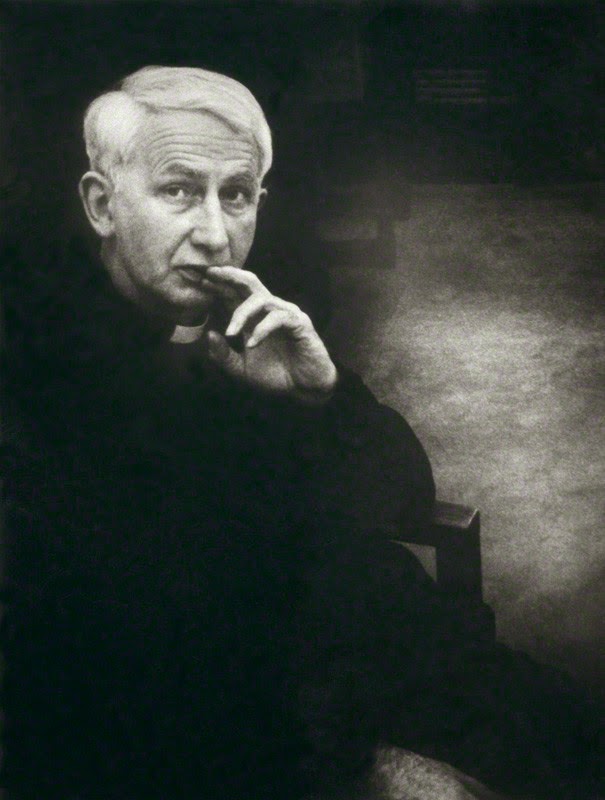Yesterday reminded me of my singing days when I learned how to prepare for a performance because, last night, I was doing a reading, just down the road from my house, at Lewes' excellent quarterly literary event, Needlewriters Lewes. On days such as these, as I remembered from the days when I'd be doing a performance of, say, German lieder or an oratorio, the show always begins directly you get up in the morning. So, yesterday, was a classic example of preparing but not over-doing things so that you peak at just the right time.
Every road in Lewes, yesterday, seemed to lead to the Needlemakers Centre where the event was to be held.
A brisk walk round town was just right to get my lungs going and to clear my head.
I'm fortunate to live in such an attractive town and, this time, it was also good that the venue was no more than a two minute walk from my front door.
The Needlemakers centre, once a candle factory then a surgical needle factory, is now a cosy conglomeration of craft shops, an excellent bookshop, Skylark, and a restaurant where the readings take place four times a year. I was booked a year ago but I was still trying to decide what to read on the day. I was sharing the evening with the poet, an American but now Lewes resident, Liz Bahs, who writes absorbing poetry sequences where the subject is approached from a variety of different angles. She was in great, exuberant form on the night. The other reader, also a fine poet, was Sian Thomas, a friend from the days when I used to run a Lewes poetry event called First Wednesday Writers. She read from her wonderfully sardonic but powerful pamphlet,
Ovid's Echo (published by Paekakariki Press) where she takes classical themes and gives them more than just one twist. She, like Liz, also read some new poems - her's, written as part of her project as Poet in Residence for Ashdown Forest, were richly evocative. I don't think she actually has to live in the forest but she's certainly spending a lot of time there.
I was the only prose writer in the mix so I had no doubt about reading from my novel,
Stephen Dearsley's Summer Of Love but I thought it would be fun if I read a short passage from my new novel too.
Blue Notes, Still Frames, will be published next year, and as both books are set, just down the road from Lewes, in Brighton there was an added local interest in reading them in Lewes.
Stephen Dearsley's Summer of Love is the story of a young fogey who discovers a whole new world in that hippie summer of 1967 and
Blue Notes, Still Frames, returns to Brighton, thirty years on, with different characters.
As I have had a neurological stammer since my brain haemorrhage, six years ago, I'm always slightly anxious about reading prose in public so I decided I too would read some new poetry. I hardly ever stammer if I'm reading poetry as the speech rhythms seem to help. I wrote a new batch of Fibonacci poems in September for my on-going Fibonacci collection
Brief Encounters, ten of which are about to be published in the Fib Review by Musepie Press so I thought I would give them their first public airing as a warm up for me, my voice and my stammer, before moving on to the prose works. When I'd finally decided on the ordering of the poems and the sections I would read from the two novels, I uploaded all the texts onto my Kindle so that I didn't have to do all that fiddling around between books. All I had to do now was some of my old singing exercises and to put my brain into dormant, meditative mode trying not to imagine that this must be what if feels like for a prisoner awaiting execution. If I could disappear, out of body and out of mind for a few hours then, I thought, I would be ready to 'turn on' my public persona for the evening.

Some more vocalises helped to clear the remnants of the fluid on my lungs which are the aftermath of my Pulmonary embolism, and I was ready. Actually this was the first time since the publication of my novel that I have felt at all well when doing public readings from it. So dressed suitably flamboyantly, I headed off down the street to met my fate.
As I walked into the venue, all that meditative monkishness disappeared and I was set to go. A bit of socialising as the audience arrived - it was heartening how many of my good friends made the effort to attend, and then it was just a matter of a single glass of wine on an empty stomach and I was, abracadabra, in performance mode.
The preparation paid off because, once I was up there, I felt terrific and, yes, I actually enjoyed myself.
The Needlewriters audience was the very best - attentive, responsive and, or so it felt, gentle and generous.
They've got it just right at Needlewriters, people can have a drink and some food and get mellow without getting legless and the ambience is intimate without being claustrophobic.
I was glad that I decided to read some of those Fibonacci poems not just because, people said, they enjoyed them, but also because they did their trick and my speech barely stumbled all evening.
I even sold and signed some copies of the novel and, yes, enjoyed the whole evening thoroughly. I was ready though, when it was over, to walk round the corner to our excellent Indian restaurant for a late night curry and, yes, I have to admit it, the rest of that bottle of white wine. Thank you Needlewriters Lewes for inviting me and thanks again to everyone who came along.





.jpg)













































